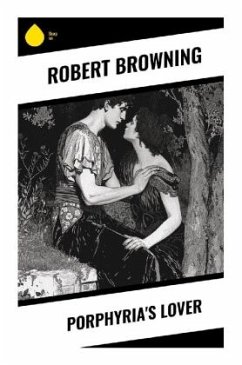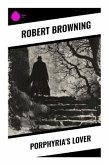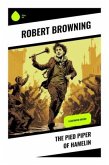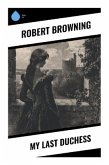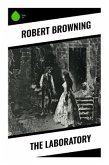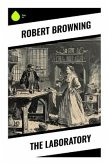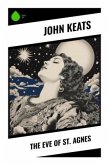In Robert Browning's compelling dramatic monologue "Porphyria's Lover," the reader is drawn into a tense psychological landscape where passion and violence intertwine. Set in a stormy night, the poem intricately illustrates the turbulent emotions of a man who decides to murder his beloved Porphyria in a moment of twisted love. Browning employs vivid imagery and rich symbolism, mastering the art of capturing the complexities of human desire and the precarious nature of relationships. The poem resonates within the context of the Victorian era, marked by its exploration of class distinctions, gender roles, and the darker aspects of human nature, thus engaging the reader in a profound moral quandary. Robert Browning (1812-1889) was a prominent figure of the Victorian poetic landscape, renowned for his innovative use of dramatic monologue. His personal life, marked by a passionate marriage to fellow poet Elizabeth Barrett Browning, may have influenced his exploration of love's darker sides. Browning's fascination with psychological complexity and existential themes deepens our understanding of his characters, leading to an enduring legacy that continues to resonate with readers today. "Porphyria's Lover" is an essential read for those interested in the intricacies of human emotions, the interplay of love and morality, and the psychological depths of tragic narratives. Browning's mastery of language and form invites readers to delve into the shadowy aspects of affection, making this poem a gripping exploration of the human psyche that remains timeless in its profound relevance.
Bitte wählen Sie Ihr Anliegen aus.
Rechnungen
Retourenschein anfordern
Bestellstatus
Storno

